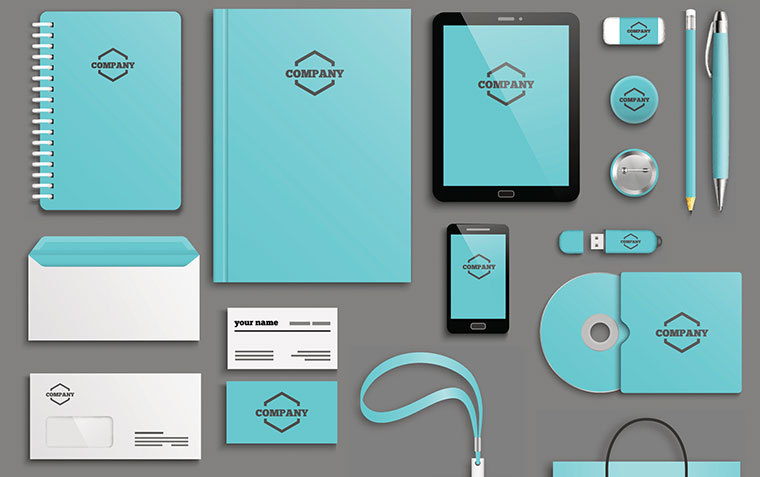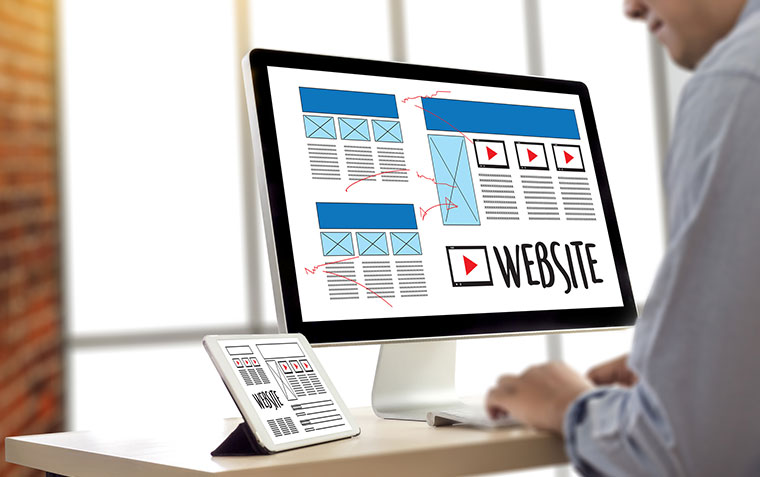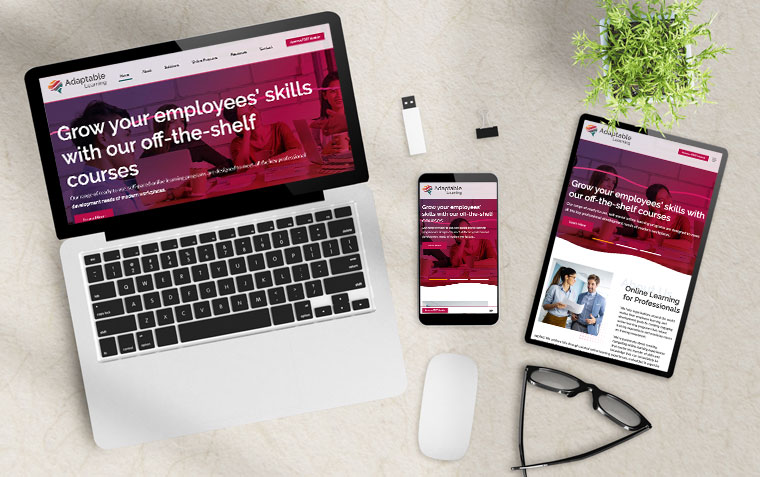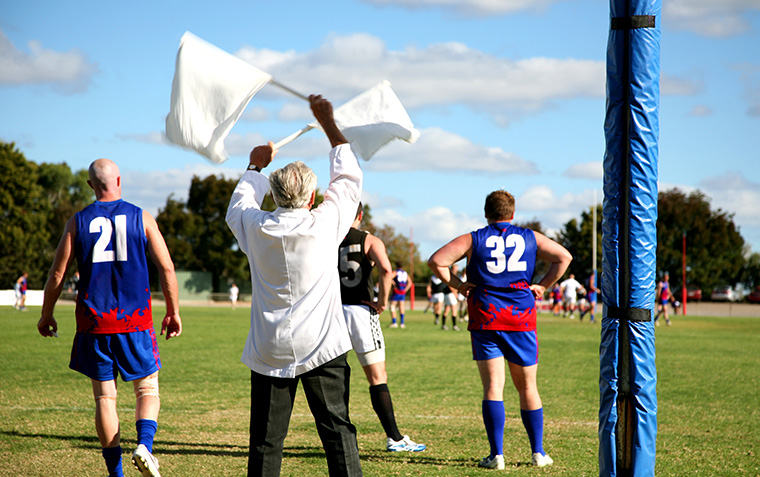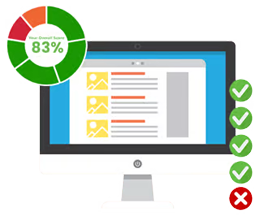How to write great content for your website

Writing content for your website can be a daunting task when you don’t know where to start. Here are some guidelines for you to help with the content creation of your website.
Website Plan
To get the most out of your website you want to start with a website plan - this includes the site map and outlines the goals that you want your online business to achieve. It gives you a structure to begin with. You also want to identify the main points to cover for each page and work out phrasing appropriate for your target audience.
Top Tip - keep it simple and direct
Visitors come to your website with a question
Everyone who comes to your website has something that they’re trying to figure out. They will stay on your website only if you can help them find the specific information they are looking for. Members of your target audience will have similar questions and you need to direct your content towards them. Identifying who these people are and what problems they have that you solve helps you structure your content around their questions.
Top Tip - answer their questions succinctly and interestingly
The purpose of website planning is to work out what these questions are likely to be from your target audience. Answer their questions and provide them with enough information and they will be reassured that you are the right person to talk to.
Questions are usually about:
- Services - What do you do
- Expertise - What is unique about you
- Products - Is this the product I need
- Location - Are you convenient
Likely question examples:
- What do you do?
- How will this benefit me?
- Can you help me with my problem?
- Does this product meet my needs?
- What’s your phone number?
- How do I contact you?
- Where are you located?
- Do I need to make an appointment?
- How long will I need to wait for an appointment?
- What experience do you have?
- What is the likely pathway for someone using your service?
Call to Action - Tell your visitor what the next one step is to solve their problem
Once you have answered your visitor’s question you want to give them a clear path on what to do next. This is a Call to Action (CTA) and is used to help your visitors navigate your site and to connect with you. The CTA encourages lead generation.
Some Call to Action examples:
- Read more
- Watch this video
- Add to cart - Buy products - Checkout
- Call for an appointment, quote, or more information
- Email for an appointment, quote, or more information
- Contact Us
- Check the map for our location
- Sign up for helpful tips on a particular topic
- Subscribe to our newsletter
Purpose of your website
Once you’ve got an idea of who your target audience is and what questions they are likely to ask you need to consider what you want your website to achieve. What result do you want from each page? The purpose you give your site will completely change how you write your content.
Examples of website purposes:
- Increase your profile in the local area
- Highlight particular services you offer
- Present yourself as The Expert in your field
- Build a community around your business
- Make contacting you easy
- Encourage new customers
- Build your marketing list
- Sell products online
- Showcase products that are in-store
Keyword usage throughout your website
Chances are that you’ve heard about keywords but may not know what they are or how to leverage them. ‘Keywords’ are search words that you want to be found for in search engines like Google. You identify these to reflect your target audience and what they’re looking for when they search online.
These keywords should reflect actual terms used by your customers in a search and not necessarily the technically-correct terminology used by your profession or industry.
For each page you want to choose a main keyword and sub keywords that relate to the problems your business solves for your customers. Use these keywords in your heading and write the copy to be relevant to this topic. Write in a natural style, making sure to use the keywords where appropriate rather than in an excessive manner. For the best results, your content needs to read well and tie in to your overall website.
Website content writing - key points to consider
- The purpose of your overall website as well as for each page
- Create a sitemap with identified keywords and page names
- The structure of each page - the purpose, call to action, main keyword, sub keywords, content
- Include keyword use at the start of headings (eg Web Design in Melbourne, specialising in effective web design for small to medium business. Avoid “welcome to our site” as that will not be picked up by search engines. People often search for the service and location - they never search for ‘Welcome to…’)
- Write text that supports your heading, purpose, and call to action
- Make your content interesting and relevant
- Talk from your customer’s perspective. That’s how they’ll be searching for you
- Answer the questions that your customer has
- Use bullet points to space text and draw the eye.
Use these tips to write amazing content for your website, improving engagement with your website visitors.
Got questions? Do contact us - we are always happy to help make your website the best it can be.

